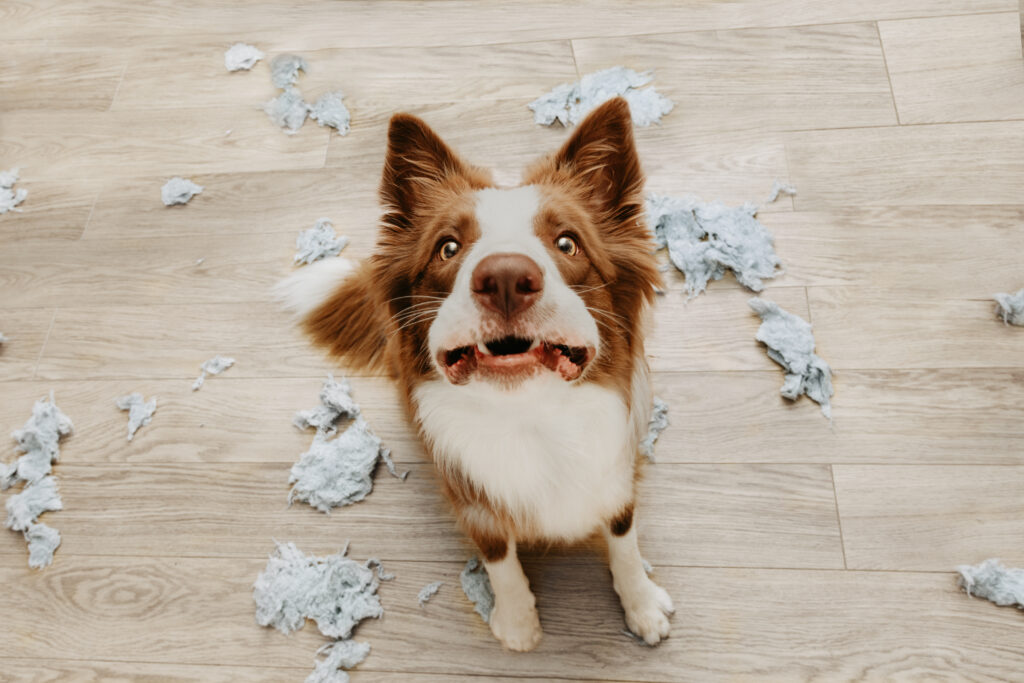Today, we’re focusing on canine anxiety, a common yet no less critical issue seen in many dogs. Being able to recognize and understand the signs of anxiety and knowing the available treatment options can change your pup’s life. If you’re concerned about your dog’s behavior or just want to learn more, we’re here to help. Feel free to call us at (978) 851-5558 for more information or to schedule an appointment.
Understanding Canine Anxiety
Canine anxiety is more than just a little nervousness. It’s a condition where dogs exhibit distress and behavioral changes due to one or more factors, such as separation from their owners, loud noises, or unfamiliar environments. Think of it as when you feel worried or nervous to the point of it causing you severe distress, even if it feels out of proportion from the actual situation.
What Causes Anxiety in Dogs?
Several factors contribute to anxiety in dogs. Some common causes include:
- Separation from their owners: Dogs are social animals and can feel anxious when they are apart from their human family.
- Loud noises: Fireworks, thunderstorms, and other loud sounds can be terrifying for dogs.
- New environments: Moving to a new home or experiencing significant changes in their living space can trigger anxiety.
- Past experiences: Dogs with a history of neglect or abuse may be more prone to anxiety.
What are the Signs of Anxiety in Dogs?
Identifying anxiety in dogs is necessary for early intervention. These are some of the most common signs a dog is anxious:
- Excessive barking or howling
- Destructive behavior, like chewing furniture
- Pacing, restlessness, or trying to escape
- Shaking or trembling
- Excessive licking or grooming
- Loss of appetite or changes in eating habits
Treatment Options for Canine Anxiety
When it comes to treating canine anxiety, there’s no one-size-fits-all solution. At Shawsheen Animal Hospital, we believe in a personalized approach to each dog’s needs.
Behavioral Training and Modification
Behavioral training is a key part of managing canine anxiety. This might include:
- Desensitization: Gradually exposing your dog to the source of their anxiety in a controlled way.
- Counterconditioning: Changing your dog’s response to anxiety triggers by associating them with positive experiences.
- Positive reinforcement: Rewarding calm behavior to encourage it.
Creating a Calm Environment
A stress-free environment can significantly help dogs with anxiety. Here are some tips:
- Provide a safe space: A cozy bed or a quiet room where your dog can retreat when feeling overwhelmed.
- Routine: Keeping a consistent schedule for feeding, walks, and playtime.
- Calming products: Consider items (based on recommendations from your vet) like anxiety wraps, calming scents, or soothing music.
Medical Interventions
In some cases, medical intervention may be necessary. It’s important to talk with your veterinarian before starting any medication. Options might include:
- Prescription medications
- Supplements like CBD oil or calming chews
- Other therapies recommended by your vet
Supporting Your Dog Through Anxiety
Supporting an anxious dog can be challenging, but with patience and understanding, you can make a difference. Remember, you’re not alone in this journey. Our team at Shawsheen Animal Hospital is here to support you and your dog.
- Be patient: Changes won’t happen overnight. Celebrate small victories and progress.
- Seek professional help: If you’re unsure how to help your dog, talk to us. We can guide you on the best approach for your dog’s specific needs.
- Stay informed: Understanding canine anxiety and its treatments helps you make the best decisions for your dog’s health.
At Shawsheen Animal Hospital, we’re committed to helping pets lead happy, healthy lives. If you suspect your dog is suffering from anxiety, or if you have any questions, we’re here to help. Call us at (978) 851-5558 to discuss your concerns or to schedule an appointment. We’re here to provide the care and support your dog needs to overcome anxiety and enjoy a fulfilling life.






